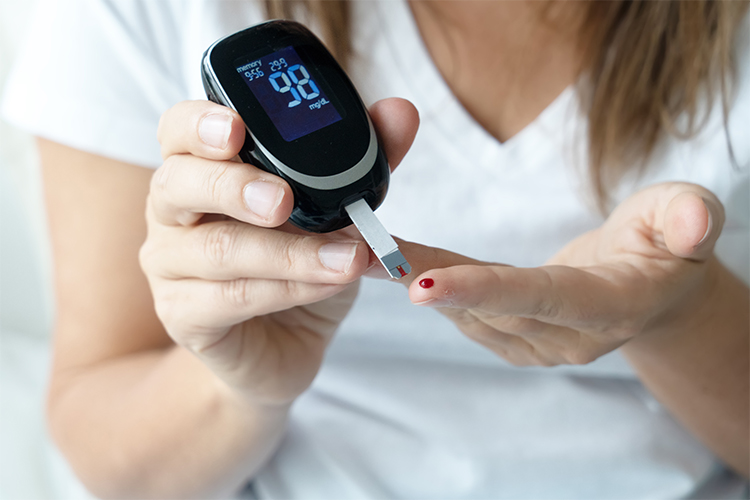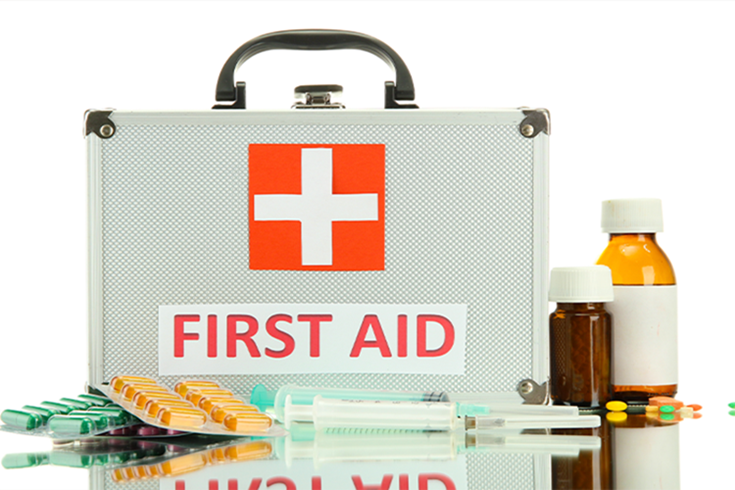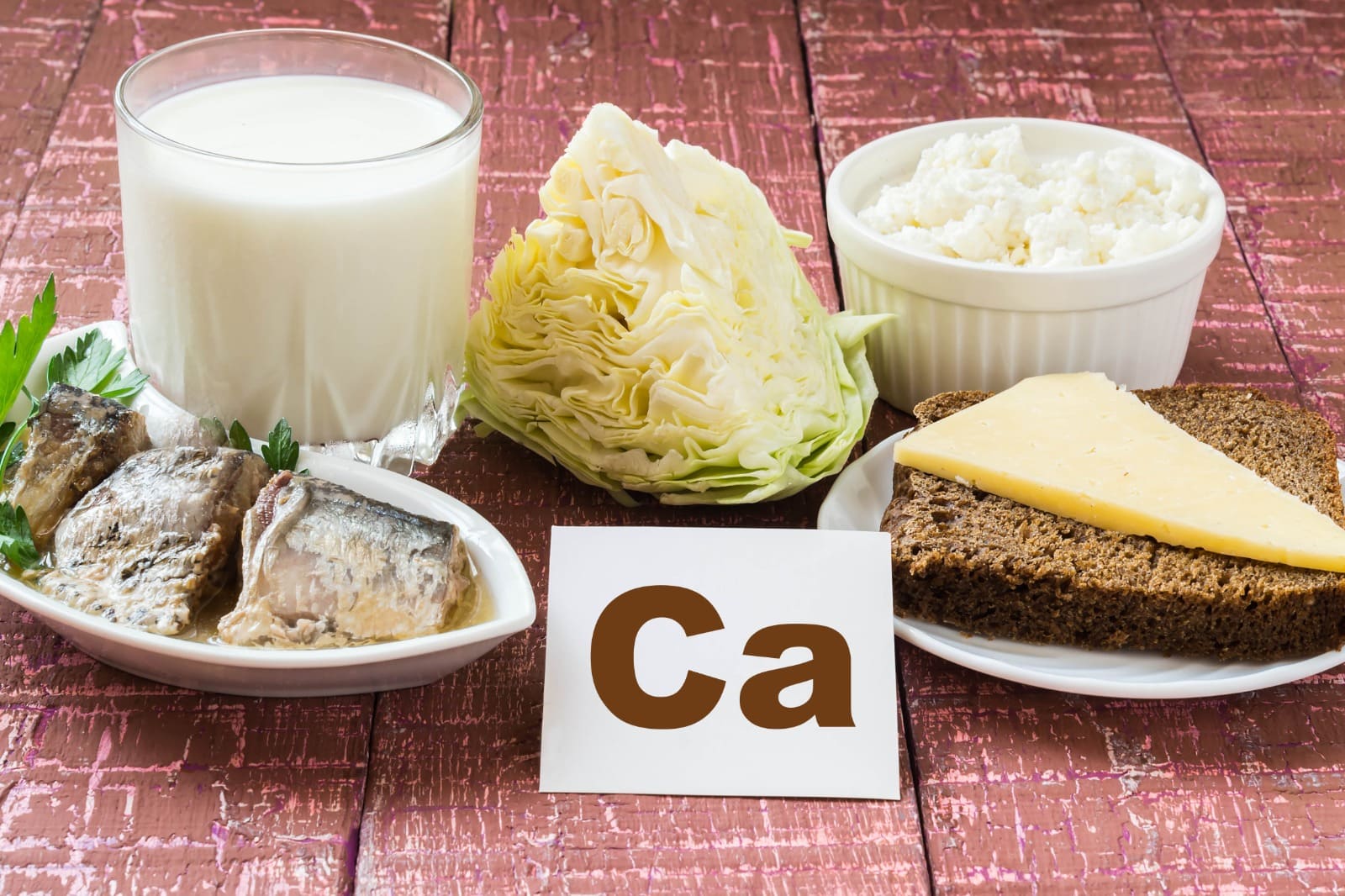Effective Diarrhoea solution for Babies and Children

Apr 19, 2022
If your baby is suffering from vomiting and nausea, then use an oral rehydration solution like as Pedialyte or Pediatric Electrolyte. Give your baby one teaspoon (5 ml) of oral rehydration solution every two to three minutes. Continue until your baby is able to tolerate larger amounts without vomiting. Oral rehydration therapy is a type of fluid replacement used to prevent and treat dehydration, especially that due to diarrhea. It involves drinking water with modest amounts of sugar and salts, specifically sodium and potassium.

Diarrhoea Treatment in Children:
Most often in diarrhoea children lose a lot of water from their body. During diarrhoea, it is necessary to give the child extra drinks to replace the liquid being lost. Oral Rehydration Therapy (ORT) is the low cost, simple and effective way to treat dehydration caused by diarrhoea. During diarrhoea essential fluids and salts are lost from the body and must be quickly retained. Millions of children who die every year in developing countries from diarrhoea could be saved if they were given ORT promptly.
ORT is the process by which fluid is given by mouth to prevent and or correct the dehydration that is caused due to diarrhoea. An effective solution can be made using ingredients found in almost every household. It may include fluids at homes such as tea, soups, rice water and fruit juices to prevent dehydration, and the use of Oral Rehydration Salts (ORS) solution to treat dehydration.
What does Oral Rehydration Therapy include?
The Oral Rehydration Therapy (ORT) is made up of clean water and ingredients. It is effective in treating dehydration resulting from all types of acute diarrheal diseases.
You need to feed your child oral rehydration solution (ORS) when he/she starts to pass watery stools.
The formula for ORS recommended by WHO and UNICEF contains:
- 5 gms sodium chloride
- 9 gms trisodium citrate dihydrate (or 2.5 gms sodium bicarbonate)
- 5 gms potassium chloride
- 20 gms glucose (anhydrous)
The above ingredients are dissolved in one litre of clean water. WHO has recently recommended a change in the complete formula, replacing 2.5 gms of sodium bicarbonate with 2.9 gms of trisodium citrate dihydrate. The new formula gives the packets a longer shelf life and is at least as effective in correcting acidosis and reducing stool volume. Packets containing sodium bicarbonate are still safe and effective.







